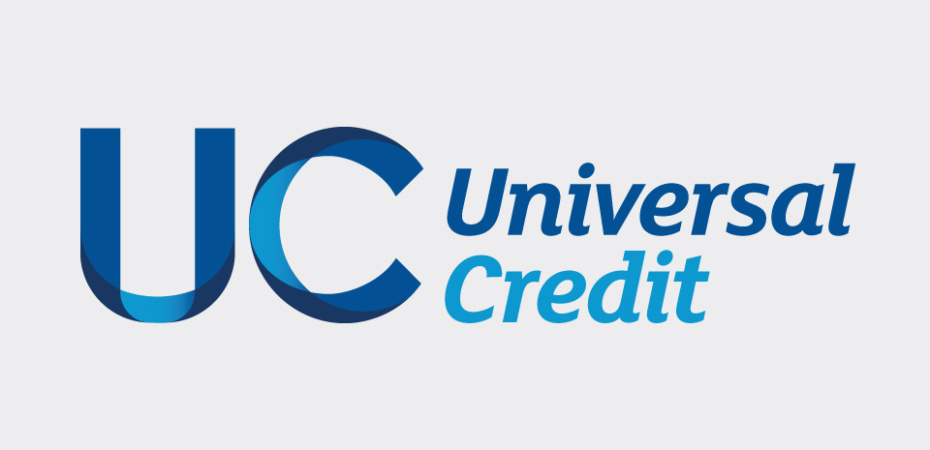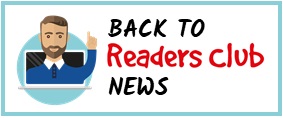Help! I’m self-employed and my income has disappeared since the lockdown. I’m applying for Universal Credit to get me through. Will the money I set aside to pay my tax bill mean my UC is reduced?
This is one of the questions that applies to lots of self-employed people who are now claiming Universal Credit. Everyone who is self-employed and pays their taxes through self-assessment has to put aside money to pay tax. But the way Universal Credit works means that any savings we have set aside, from £6,000 upwards, usually affects how much we get paid monthly.
The good news is that, after being badgered by money guru Martin Lewis, the government has said that they will overlook lump sums for new self-employed UC claimants. So, if we’ve been sensible and saved a few grand to pay our taxes, we won’t be punished for it. We need to be able to show the DWP that the money we have stashed is to pay our tax. But this can be proved if the amount we owe in tax and the amount we have saved are roughly the same.
As Martin Lewis says on the Money Saving Expert (MSE) website: ‘Make it clear in your application that the savings are business savings, and put a note of it in your online universal credit ‘journal’. It should then be discounted from the calculations.’
The MSE site has loads of info on coronavirus and benefits on its regularly updated page here.
For more info about Universal Credit and benefits during the coronavirus crisis, have a look at the list of questions and answers on Corona-Finance section of the Quids in! magazine website here.
If you have a question that you can’t find the answer to on our site, you can ask us yourself by using the Corona-Finance Enquiry Form online.




